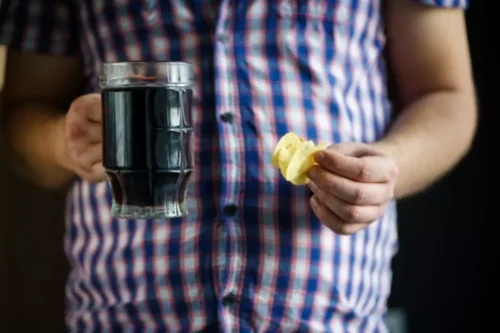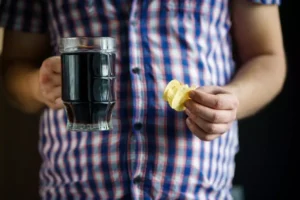Bored Drinking: How to Defend Against the Sneakiest Trigger

For other people, drinking alcohol out of boredom is a much more active choice – they drink to cope with negative feelings like anxiety or loneliness. Many people say that they drink alcohol to manage anxiety – to numb it or take the edge off difficult feelings. Karlie is originally from Dayton, Ohio, and began her education in psychology at the University of Cincinnati. She participated in research studying ADHD in children, mindfulness and anxiety, and embodied drinking out of boredom cognition.
Physical Exercise and Outdoor Activities

If you are looking for treatment for substance abuse or addiction, you’re not alone—we’re here to support you every step of the way. Swapping our routines and habits that are damaging you for ones that can strengthen your body and soul will give you a really clear reason why you want to stop drinking out of boredom. Boredom is a key reason people give for drinking too much and drinking out of boredom like this can become almost a subconscious activity, something that you do whilst doing something else.
Scan the QR code to get started!
Sometimes boredom in sobriety looks like not wanting to be around anyone. Acute anxiety and depression from the withdrawal process can ease within a few days to a week. But for many people, lingering what is alcoholism feelings of anxiety, depression, and general malaise can last weeks, months, or even longer. When you use alcohol (or any substance) to artificially boost serotonin and dopamine levels in your brain, you create an imbalance in the brain. Serotonin is a neurotransmitter responsible for feelings of happiness, well-being, and pleasure.
- On the one hand, you have no idea what you’re supposed to do with yourself.
- Boredom is a normal part of life, but how we deal with it can significantly impact our well-being.
- And the sickness and tiredness you feel after the initial high of alcohol consumption wears off is neither fun nor interesting.
- A drink or two while bored might make you too tired or too wary of driving to meet your friends.
Start Living the Life You Deserve Today.
If you find yourself bored without alcohol or drinking simply because you’re bored, you might be developing an unhealthy relationship with alcohol. Regular drinking is often considered socially appropriate and normal, but if your drinking extends to when you’re alone, that’s a red flag. There’s a very fine line between social drinking and problematic drinking, and one could easily lead to the other and cause serious health implications. Eventually, feeling bored all the time leads to increased alcohol consumption. With time, you’ll start to develop that aforementioned tolerance, which means you have to increase the amount you drink to get the desired effect. In the absence of alcohol, regular life starts to feel dull and gray.
Tip 1: Get conscious about what’s driving your drinking out of boredom
If you like gin and tonic when you’re vegging on the sofa, swap it for fizzy water with lemon. If you know your willpower weakens after =https://ecosoberhouse.com/ 9 pm, get up before then and go and have a warm shower instead. Every month, we launch fun challenges, like Dry/Damp January, Mental Health May, and Outdoorsy June. You won’t want to miss out on the chance to participate alongside fellow Reframers (or solo if that’s more your thing!). This is the part where you figure out how to enjoy life without a little something extra to help loosen you up. Feeling bored, sad, lonely, or anxious about something are all very human things to feel.
#2 Keep a List of Supportive Contacts

When the alcohol wears off, your problems will still be there, and you’ll likely reach out for more alcohol to escape them again. Because the dopamine release makes you feel good, your brain starts to crave alcohol whenever you’re bored, reinforcing the behavior and making it harder to resist. Reflect on your drinking patterns and keep track of them to identify your boredom drinking triggers. With self-awareness, you’ll be better equipped to understand and address your habits.


If you quit drinking and experience any new or worsening mental health symptoms, please consider therapy. Hailing from Boulder County, Courtney embarked on her academic journey by earning a bachelor’s degree in psychology. She furthered her education by completing a master’s of science in clinical mental health counseling from Capella University. Additionally, Courtney obtained certificates in Alcohol and Drug Studies and is certified in Branspotting, a clinical treatment technique aiding individuals in processing trauma. In this article, we’ll unpack bored drinking and help you figure out whether boredom is a drinking trigger.


